Chinese Man Becomes Leonardo DiCaprio Using Deepfake App

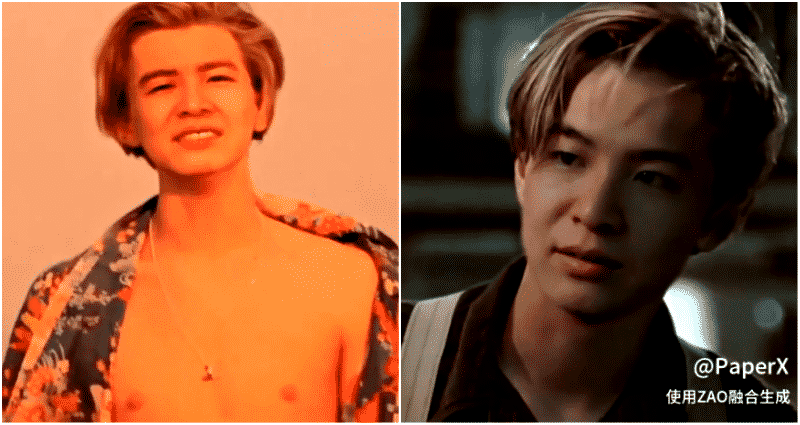

By Carl Samson
September 9, 2019
A Chinese deepfake app that swaps user’s faces with those of celebrities in films, TV shows or music videos has found its first English-speaking star overseas amid escalating privacy concerns at home.
Allan Xia, a 30-year-old artist and game developer based in Auckland, New Zealand skyrocketed to fame after downloading Zao and inserting himself into a montage of Leonardo DiCaprio’s hit movies.
The 30-second product, which has gone viral on Twitter, shows Xia’s face taking over DiCaprio’s in classic films such as “Romeo + Juliet,” “Total Eclipse” and “Titanic”.
“Best application of ‘deepfake’-style A.I. facial replacement I’ve ever seen,” Xia captioned the montage, which has garnered more than 2.46 million views since Sept. 1.
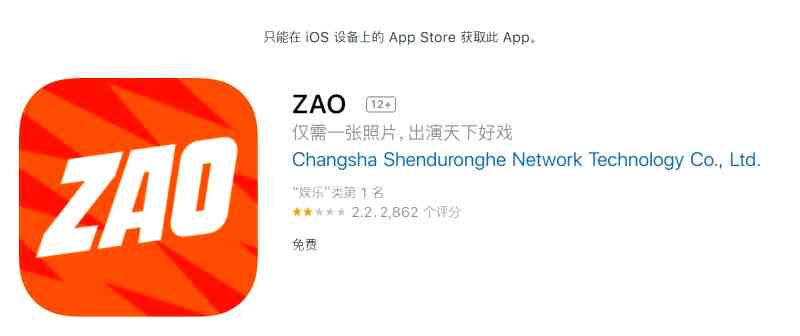
Developed by Momo’s Changsha Shenduronghe Network Technology, Zao became the most downloaded app on China’s iOS App Store over the weekend following its release on Aug. 29.
The app, which requires a Chinese phone number to access, did not attract the attention of Western and/or English-language news outlets until the fake DiCaprio went viral.

“Eight seconds,” Xia told the South China Morning Post about how long it took to create the montage. “It was so simple.”
“All I did was take a selfie, which was then ranked by the app to give me an idea of how well it would be able to generate videos based on my photo. It’s looking to match your facial features to what is already there in its library of clips.”
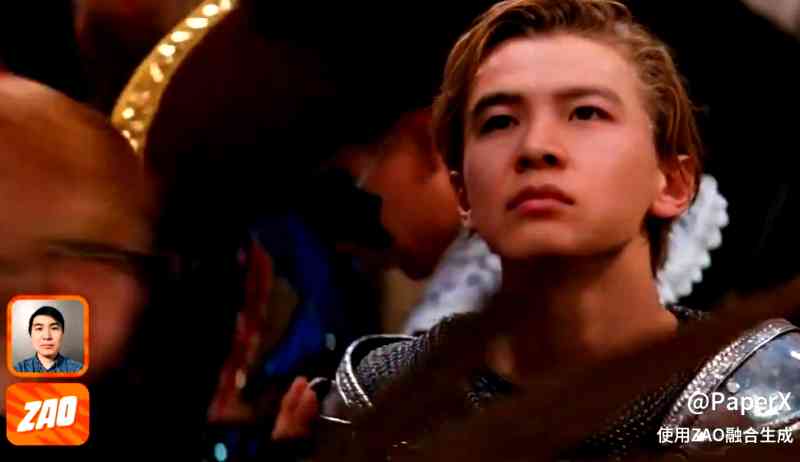
In his Twitter thread, Xia went on to explain that the app does not aim to produce “accurate” deepfakes. Instead, it creates polished overlays similar to existing image-editing apps.
“It’s clear that #ZAO isn’t really going for ‘accuracy’ per se, but rather a ‘subjective’ good-looking result. Similar to Beauty Cam [another app], it retains facial structure of the original actors, so the cherry-picked results more or less always looks good and encourages users to share,” he wrote.

However, as the new “Leonardo DiCaprio” made waves on Twitter, Zao users in mainland China have raised privacy concerns about the app.
Apparently, Zao users have been giving “free, irrevocable, permanent, transferable and relicenseable” rights to any content generated by the app.
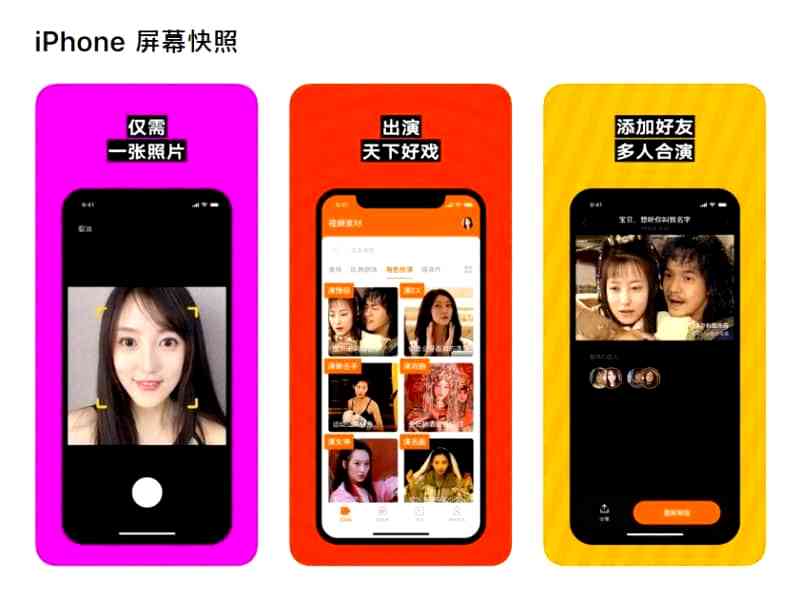
Upon discovering this clause in the service agreement, users immediately slammed Zao with one-star ratings and scathing reviews. Shortly, the company was forced to delete the statement and announced that they will fix issues based on user feedback.
“We understand the concern about privacy. We’ve received the feedback, and will fix issues that we didn’t take into consideration, which will need a bit of time,” Zao wrote in a Weibo post, according to Bloomberg.

Aside from concerns that their faces could be used without further consent in marketing, users have also expressed worries that the app could potentially be used to defraud payment systems.
Alipay, which has more than 870 million users — making it the world’s largest mobile payment platform — assured customers that Zao videos cannot be used to trick its services.
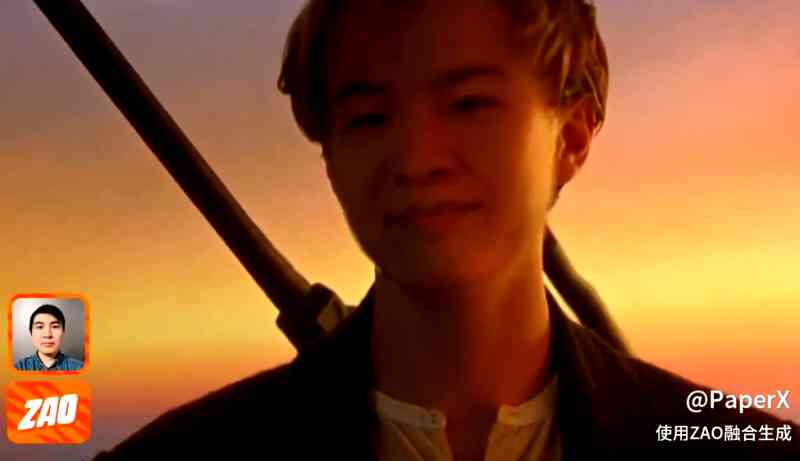
“There is a lot of online face-changing software — but no matter how realistic, it is impossible to break through the facial payment system,” Alibaba, which owns Alipay, wrote on Weibo, according to the BBC.
The company added that its systems are equipped with sophisticated algorithms that detect whether the verification image presented is a still, video or software simulation even before the face-matching process.
Xia acknowledged that the app has already caused a massive stir in China. While he is excited and interested in the service from a technologist or creator perspective, he feels “morbidly cynical” from a moral one.
“It’s already under a lot of fire for user privacy protection under their terms and conditions. So consider this my sacrifice to demonstrate so you don’t have to give up your portrait identity rights,” he noted.
This is, of course, not the first time users have had apocalyptic fears of apps misusing personal images. In July, FaceApp, another deepfake service that went viral for transforming people into older versions of themselves, gained widespread criticism after users found out that they have surrendered their photos to a Russian company.
An updated version of Zao’s user agreement states that it will now “try its best, based on the privacy terms, to use the content you have authorized us to use within a reasonable, necessary and expressly stated extent,” according to CNN. Additionally, the company vowed not to store “facial biometric data” and delete user information in accordance with the law, including those who signed the original terms and conditions.
Featured Images via Twitter / @AllanXia
Share this Article
Share this Article